A Guide to Getting Commercial Demolition
Navigating the path to commercial demolition can be an overwhelming experience for businesses and property owners alike. Whether you're clearing the way for a new development or removing an unsafe structure, understanding the demolition process is crucial. From evaluating the different types of demolition to selecting the right contractor, this guide will provide clarity and confidence in your commercial demolition journey.
Assessing Demolition Needs
One of the first steps in the commercial demolition process is making sure you understand the type of demolition needed for your project. Demolition methods range from traditional mechanical demolition using heavy machinery to more controlled techniques like dismantling or deconstruction. Interestingly, implosions, often dramatized in media, account for less than 1% of all demolition, according to the National Demolition Association. These rare instances are highly specialized and involve explosives to bring a structure down into its footprint without affecting the surrounding area.
Navigating Regulations and Permits
Once you've determined the type of demolition required, it's essential to understand the regulations and permits involved. Demolition projects, especially commercial ones, are subject to strict local and national regulations to ensure safety and minimize environmental impact. Obtaining the necessary permits in advance will help avoid project delays and unexpected legal issues. Engaging with a contractor who's knowledgeable in local regulations can ease this process significantly.
Choosing the Right Contractor
Selecting the right demolition contractor is a critical component of the project. When evaluating potential contractors, consider their experience with similar projects, as well as their safety records. A reputable contractor will also provide a clear and comprehensive plan, including timelines, costs, and contingencies. Communication is key; ensure that the contractor is approachable and willing to address any concerns you may have throughout the demolition process.
Estimating Costs and Setting a Budget
When estimating costs and setting a budget for commercial demolition, consider factors like project size, structure complexity, and material disposal needs. Account for expenses such as permits, labor, equipment, and waste management. Working closely with your contractor to outline a detailed cost estimate helps ensure your budget aligns with the project's scope.
Commercial demolition requires careful planning and execution. From choosing the appropriate demolition method to ensuring compliance with regulations, every step is vital to the project's success. By selecting an experienced contractor and staying informed, you'll be well-equipped to handle any challenges that arise, paving the way for a smooth and successful demolition process. Give Hansco, Inc a call today to get a free quote.
OUR ADDRESS
HOURS
HOURS
San Antonio, TX Contractor Lic. #DC-915721

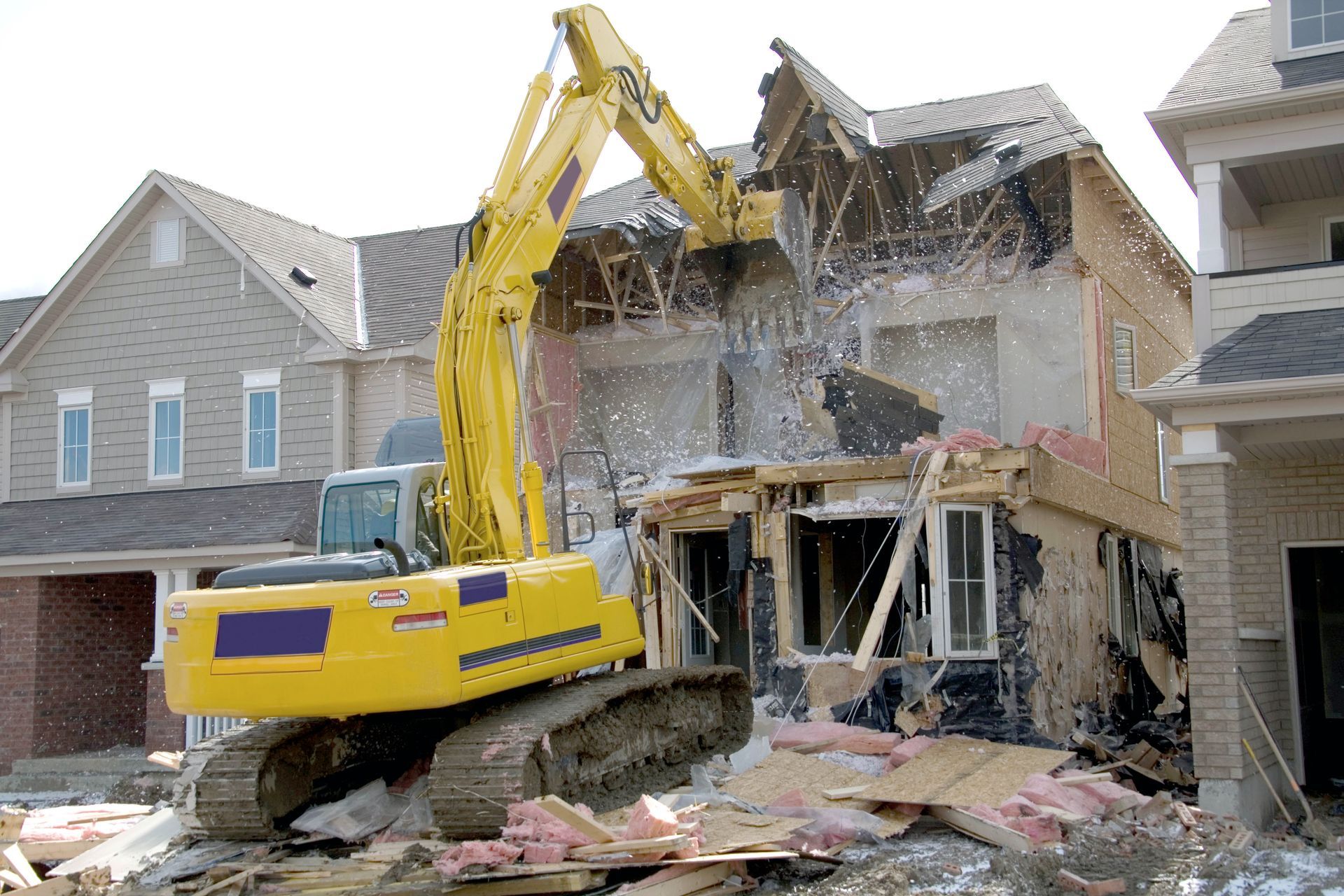
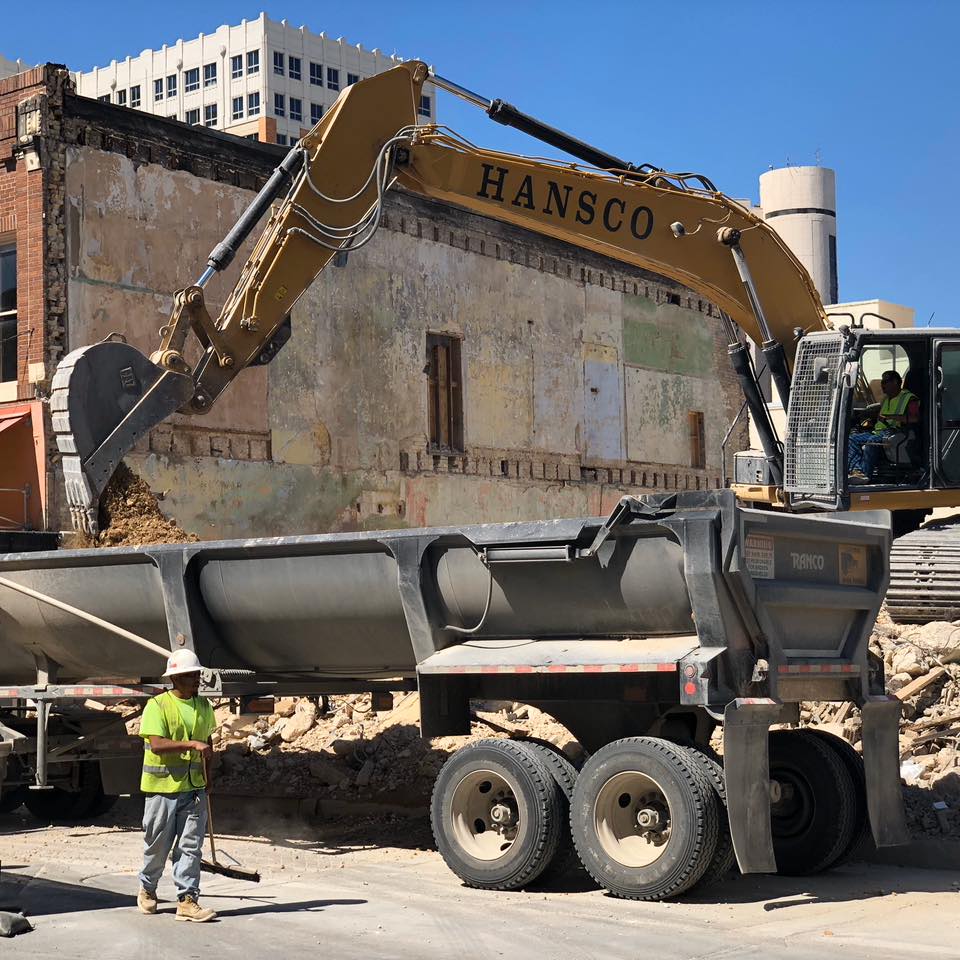
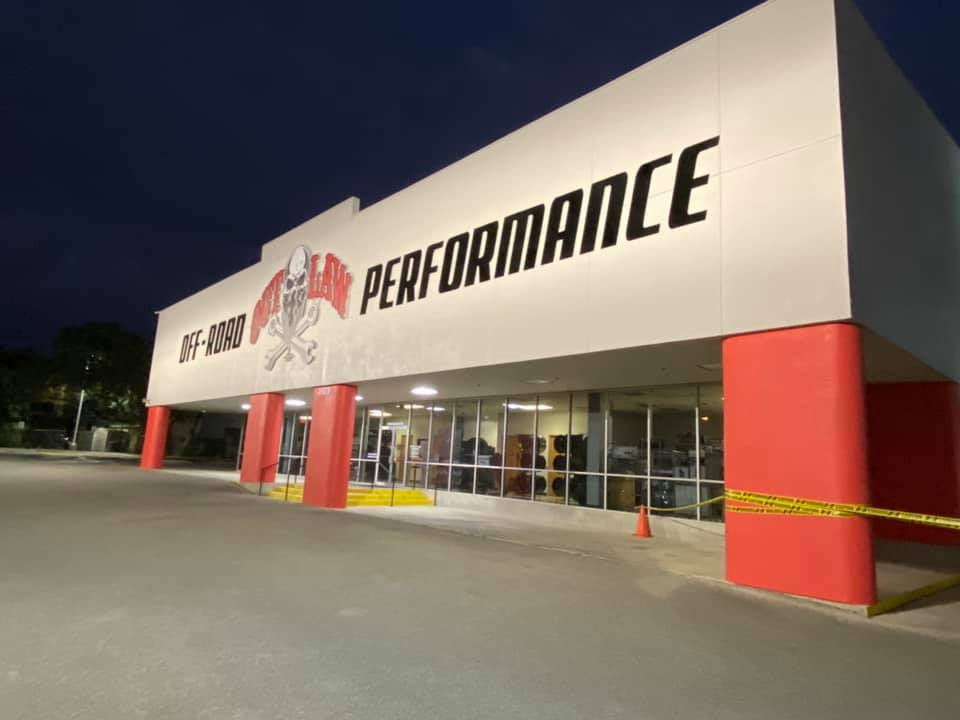
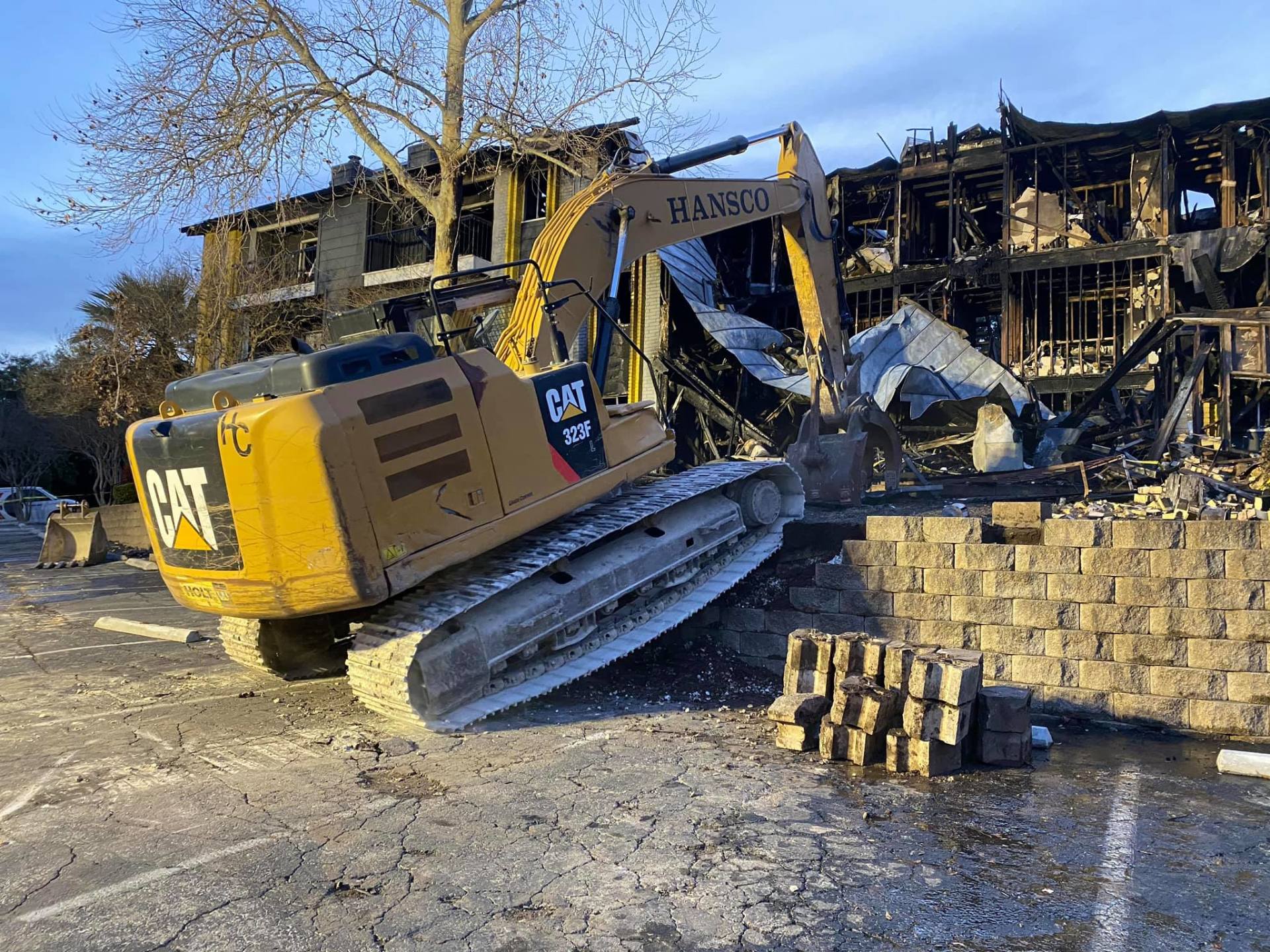
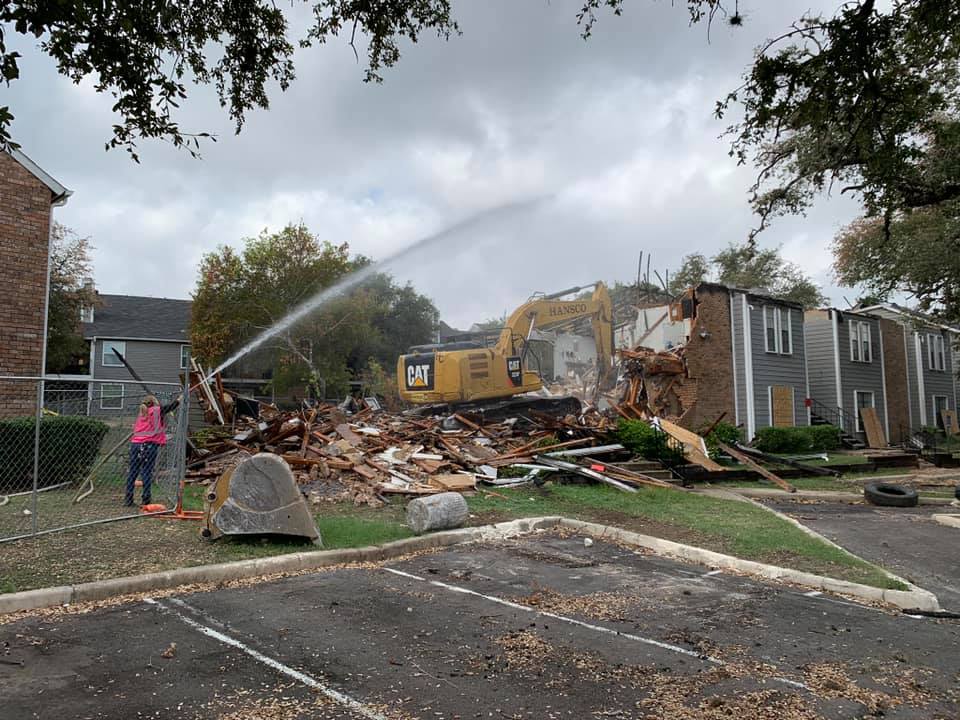
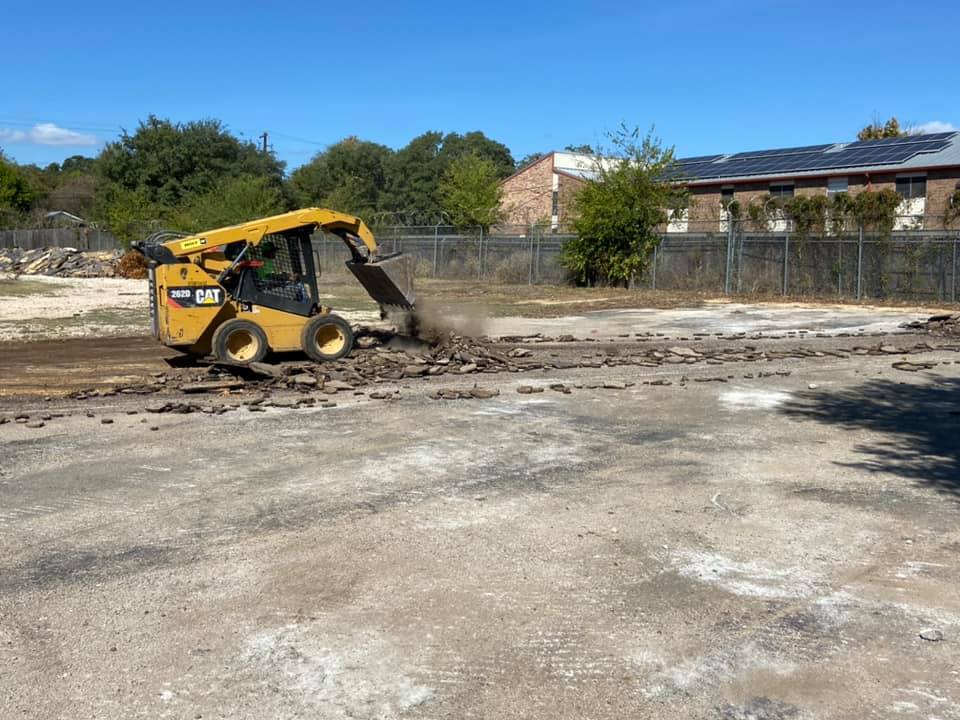
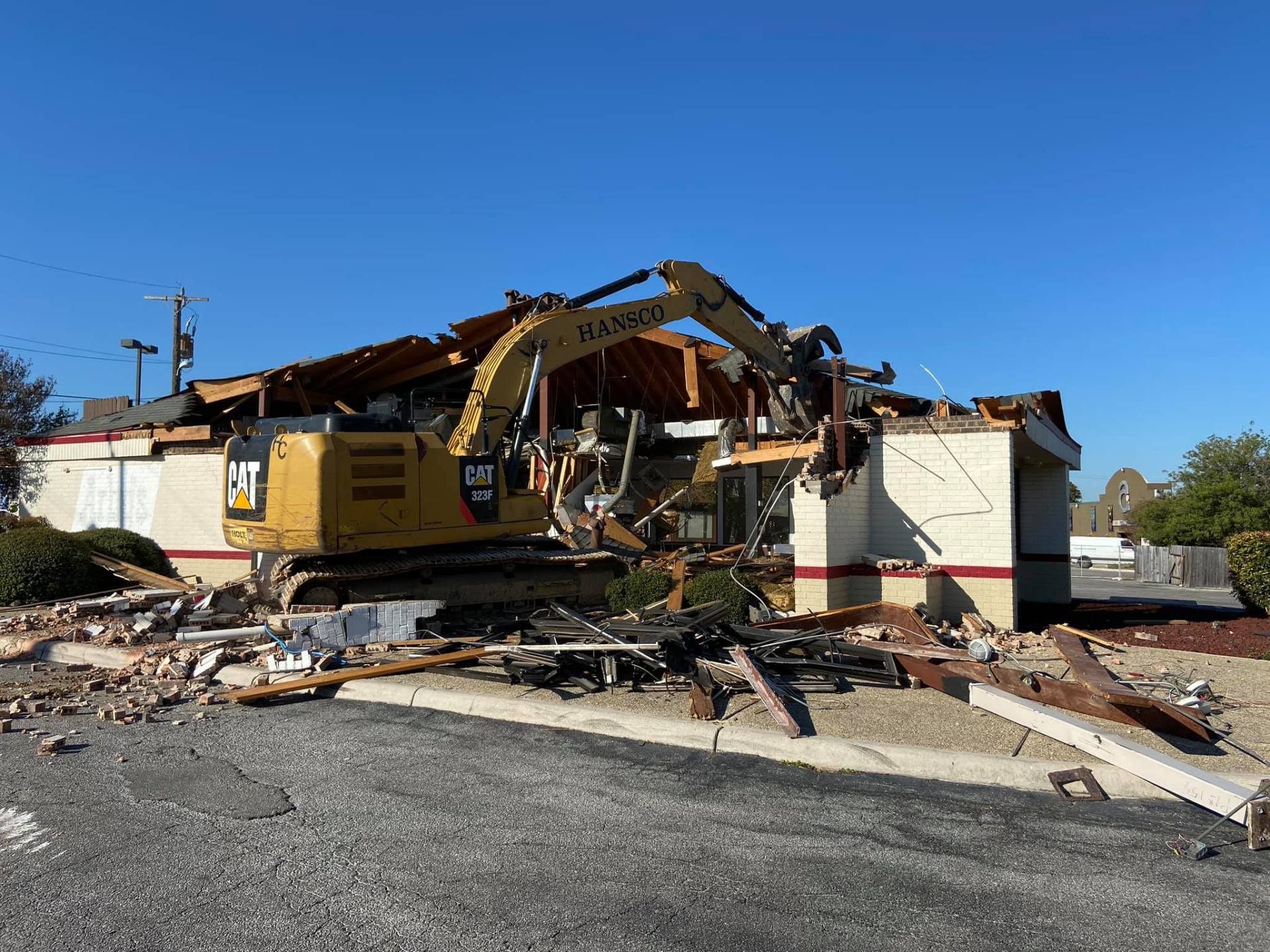
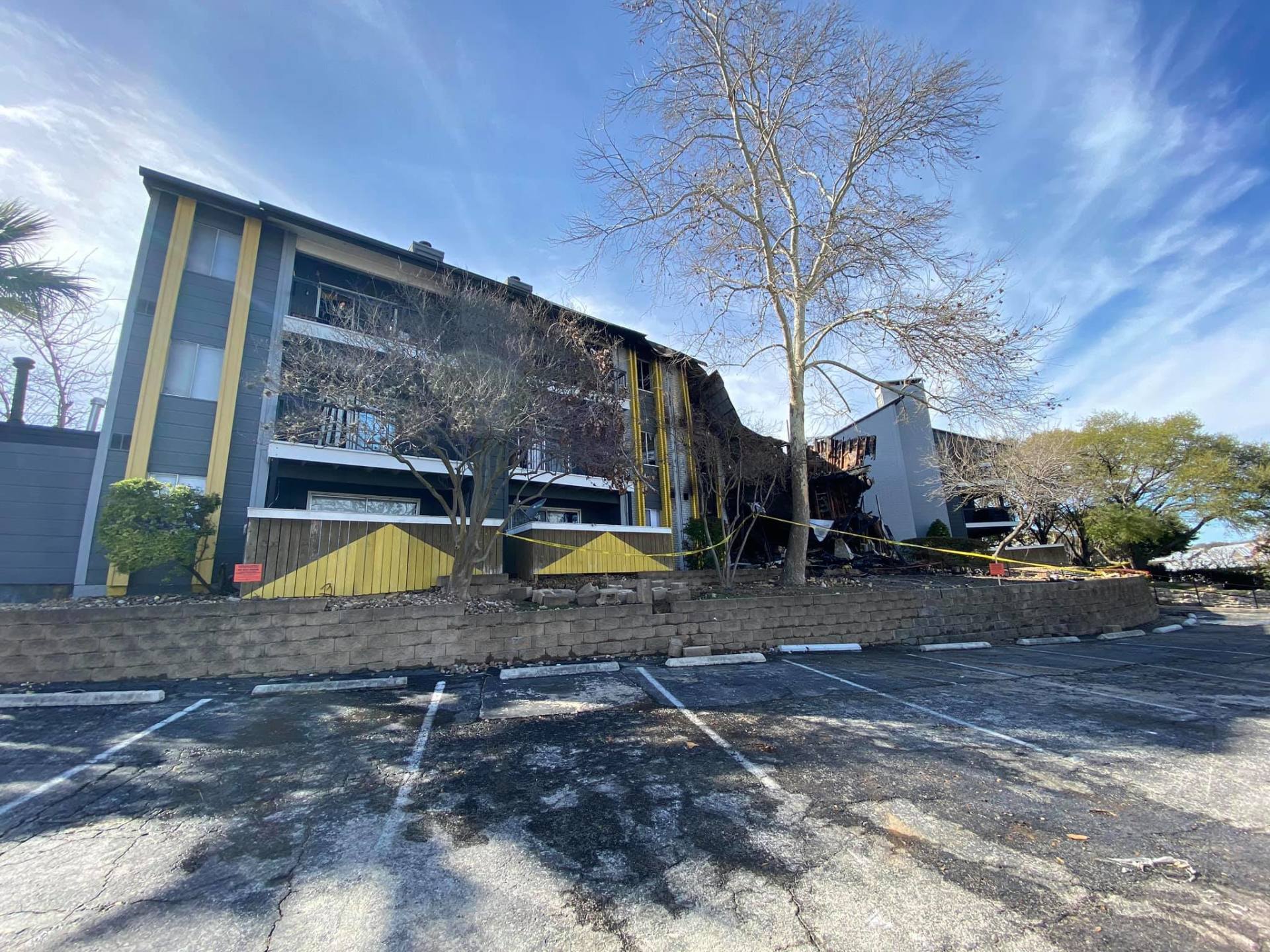
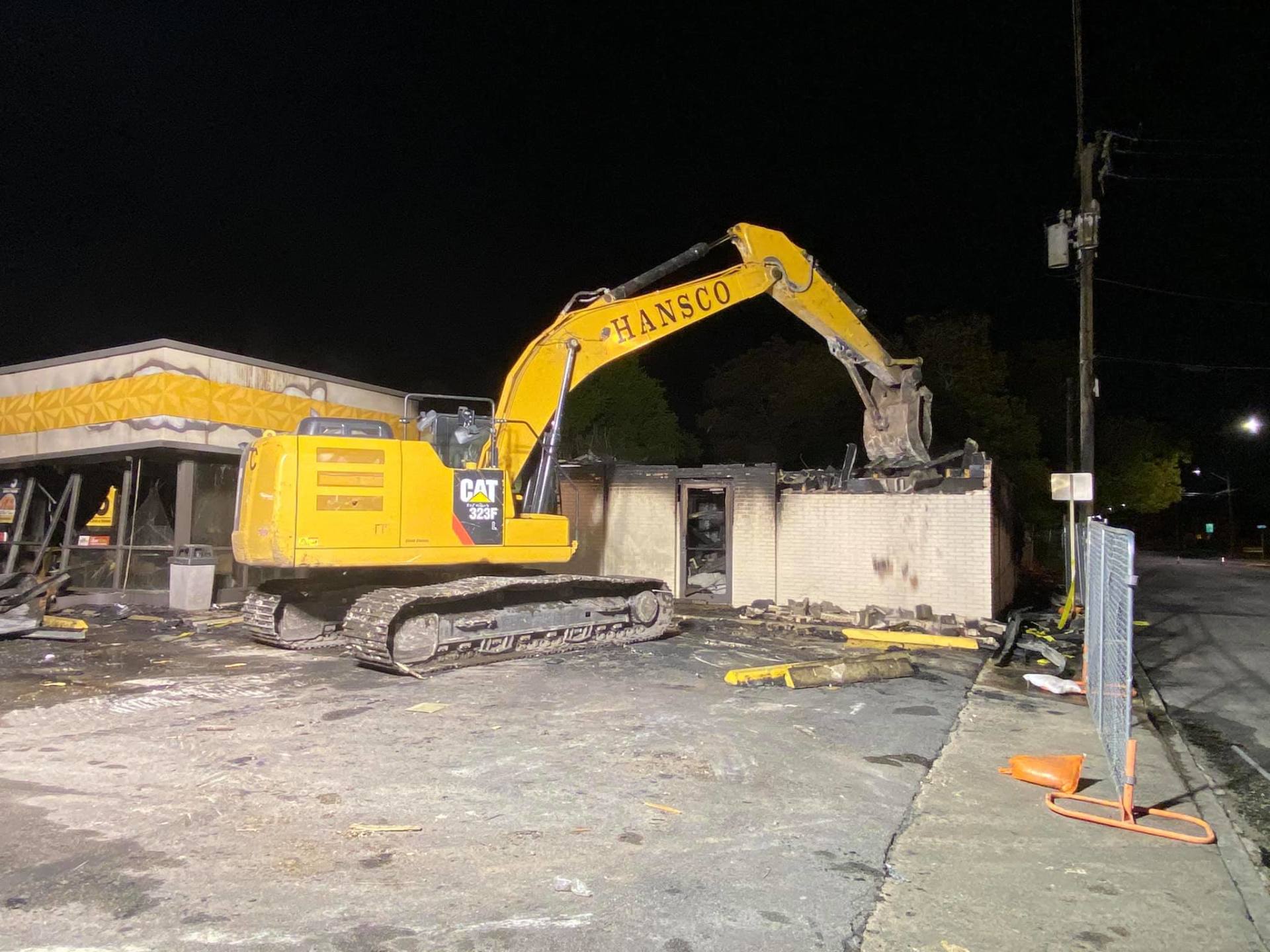
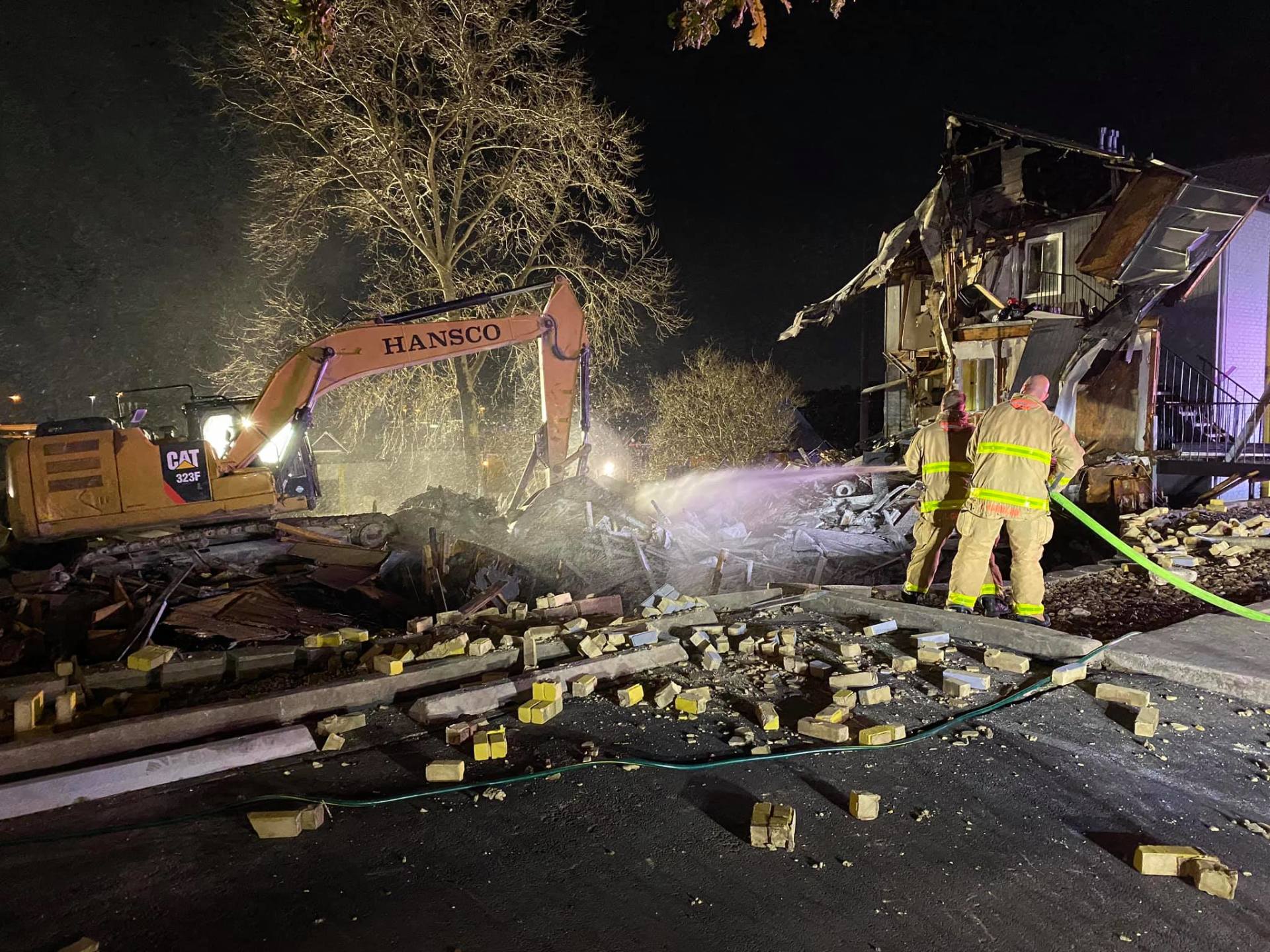
Share On: